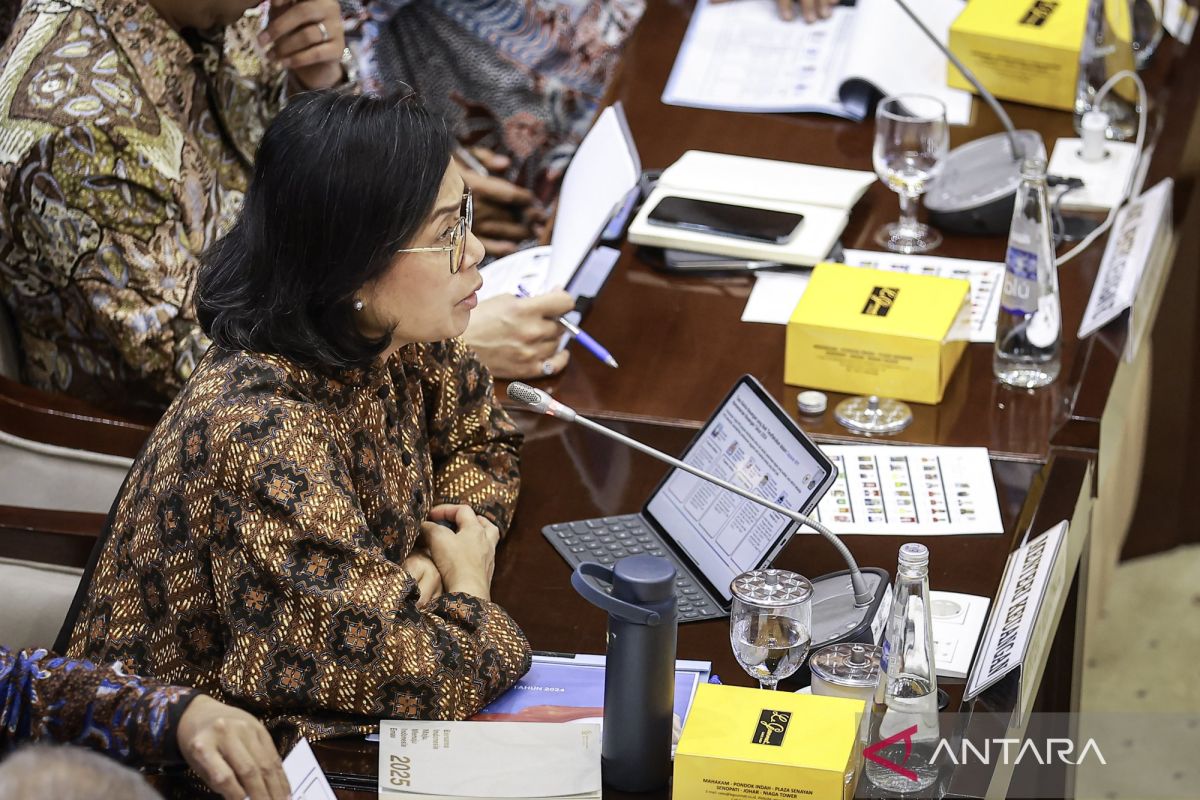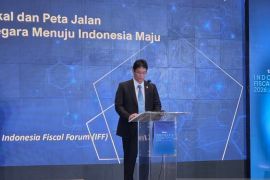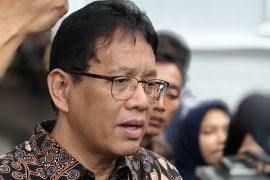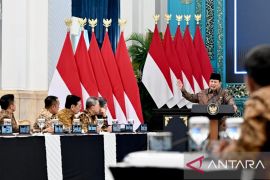Speaking during a working meeting with the House of Representatives' (DPR) Commission XI in Jakarta on Tuesday, she explained that although the education budget is set at 20 percent of total government expenditure, actual realization can fluctuate due to the dynamic nature of spending components.
Commission XI oversees finance, monetary policy, and financial services.
Indrawati said that components such as capital expenditure, goods and services spending, subsidies, compensation, and interest payments often shift in response to economic conditions and government priorities.
"Capital expenditure depends on absorption. If absorption is low, the 20 percent target may not be met. The same goes for spending on goods and services, including official travel and various programs, which may come in higher or lower," she said.
She cited the El Niño phenomenon as an example, noting that increased social assistance during that time raised goods and services spending, which reduced the proportional share of education in the overall budget.
Indrawati also pointed out that placing part of the education budget under financing allocations is part of a broader fiscal strategy to provide buffers amid economic uncertainty.
She emphasized that the APBN serves multiple objectives and should not be narrowly focused on a single sector. She rejected the idea that the shortfall in the 20 percent target was intentional or "by design."
"The bill always stipulates 20 percent. The realized amount may end up being 17 or 18 percent, depending on absorption," she said.
The minister also stressed that not all allocated funds must be spent immediately. Quality and accountability remain priorities.
"That's why the government established the Education Endowment Fund (LPDP) — so that funds aren't spent unnecessarily, like replacing school fences that aren't broken, just to meet the quota," she said.
During the same meeting, Commission XI Deputy Chair Dolfie Othniel Frederic Palit questioned why the education budget has consistently fallen short of the constitutional threshold.
He pointed to stagnant realization figures since 2007, despite administrative changes and a Constitutional Court ruling on the matter.
According to Palit, education budget realization was 18 percent in 2007, dropped to 15.6 percent in 2008, and remained around 15–17 percent between 2022 and 2024. This year's figure is projected to remain at 17 percent due to a portion being held in reserve.
"The Constitutional Court’s 2007 ruling clearly stated that the Constitution is the highest law and cannot be postponed. Justice delayed is justice denied," Palit said, quoting the court's decision that the 20 percent education budget must go toward actual expenditures, including teacher salaries.
He urged the government to ensure that the full 20 percent is reflected in real spending going forward, without reserves being deliberately withheld.
Related news: Indonesian govt proposes US$46 bln education budget for 2026
Related news: Budget prioritizing education to build prosperity: President
Translator: Shofi, Azis Kurmala
Editor: Anton Santoso
Copyright © ANTARA 2025












